But mostly, I hate the way I don't hate you, not even close, not even a little bit, not even at all
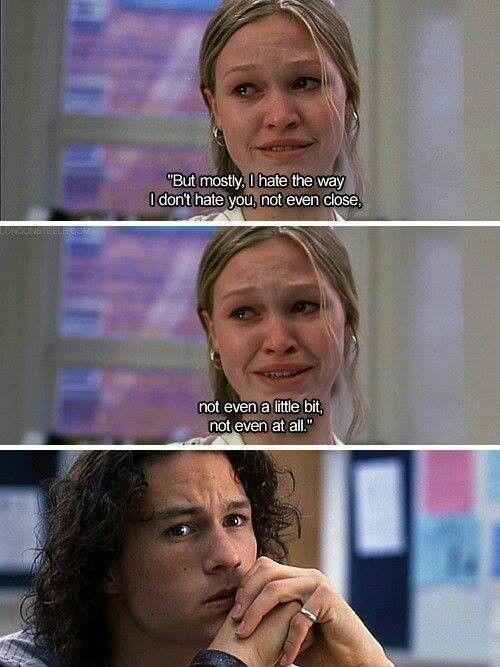
But mostly, I hate the way I don't hate you, not even close, not even a little bit, not even at all
Hate is a powerful emotion that can consume a person entirely, leaving them bitter and resentful towards the object of their hatred. It can be a destructive force that drives people to do terrible things and can poison relationships and communities. However, in the context of the quote, "But mostly, I hate the way I don't hate you, not even close, not even a little bit, not even at all," the speaker is expressing a different kind of hatred – a hatred that is tinged with love and longing.The speaker is grappling with conflicting emotions towards someone they care deeply about. They are frustrated by the fact that despite their best efforts to hate this person, they find themselves unable to do so. This internal struggle is a common experience for many people who have been hurt or betrayed by someone they love. It can be incredibly painful to feel such intense emotions towards someone who has caused us pain, yet we cannot bring ourselves to truly hate them.
The quote also speaks to the complexity of human relationships and the ways in which love and hate can coexist within the same person. It is possible to feel both love and hate towards someone simultaneously, as these emotions are not always mutually exclusive. In fact, the intensity of one emotion can often amplify the other, leading to a tumultuous and confusing emotional landscape.
Ultimately, the speaker's admission that they do not hate the person in question, not even a little bit, reveals a vulnerability and a deep-seated desire for reconciliation. Despite the hurt and pain they may have experienced, there is still a part of them that longs for connection and understanding. This internal conflict highlights the complexity of human emotions and the ways in which love and hate can intertwine in unexpected and profound ways.
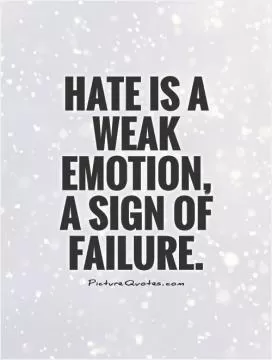
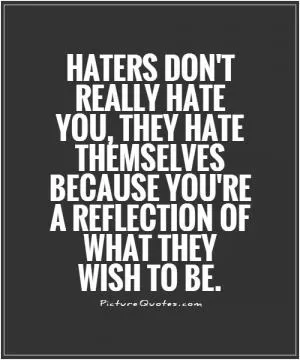
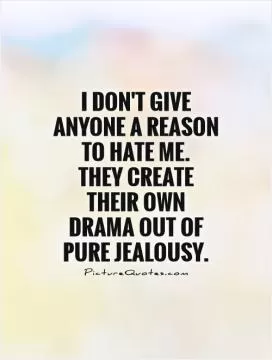
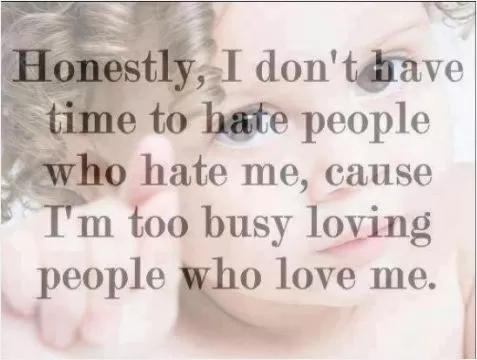
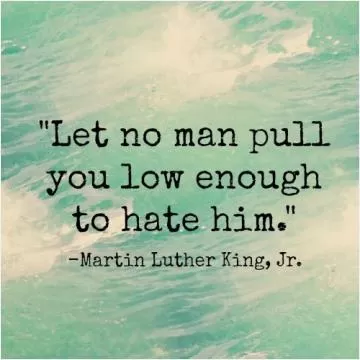

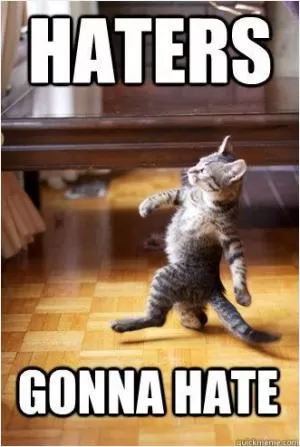
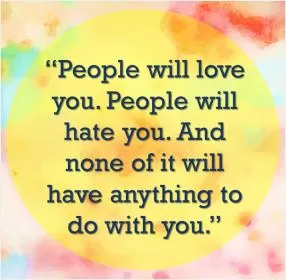
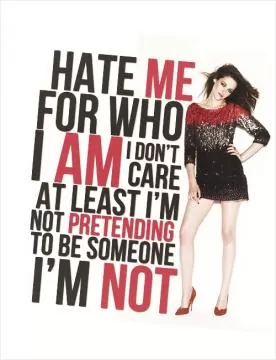
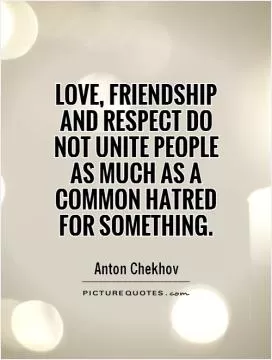

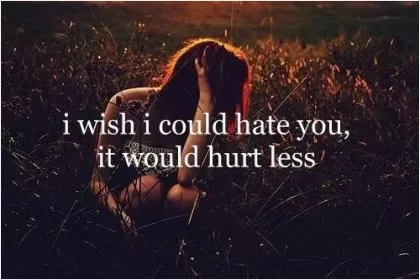
 Friendship Quotes
Friendship Quotes Love Quotes
Love Quotes Life Quotes
Life Quotes Funny Quotes
Funny Quotes Motivational Quotes
Motivational Quotes Inspirational Quotes
Inspirational Quotes